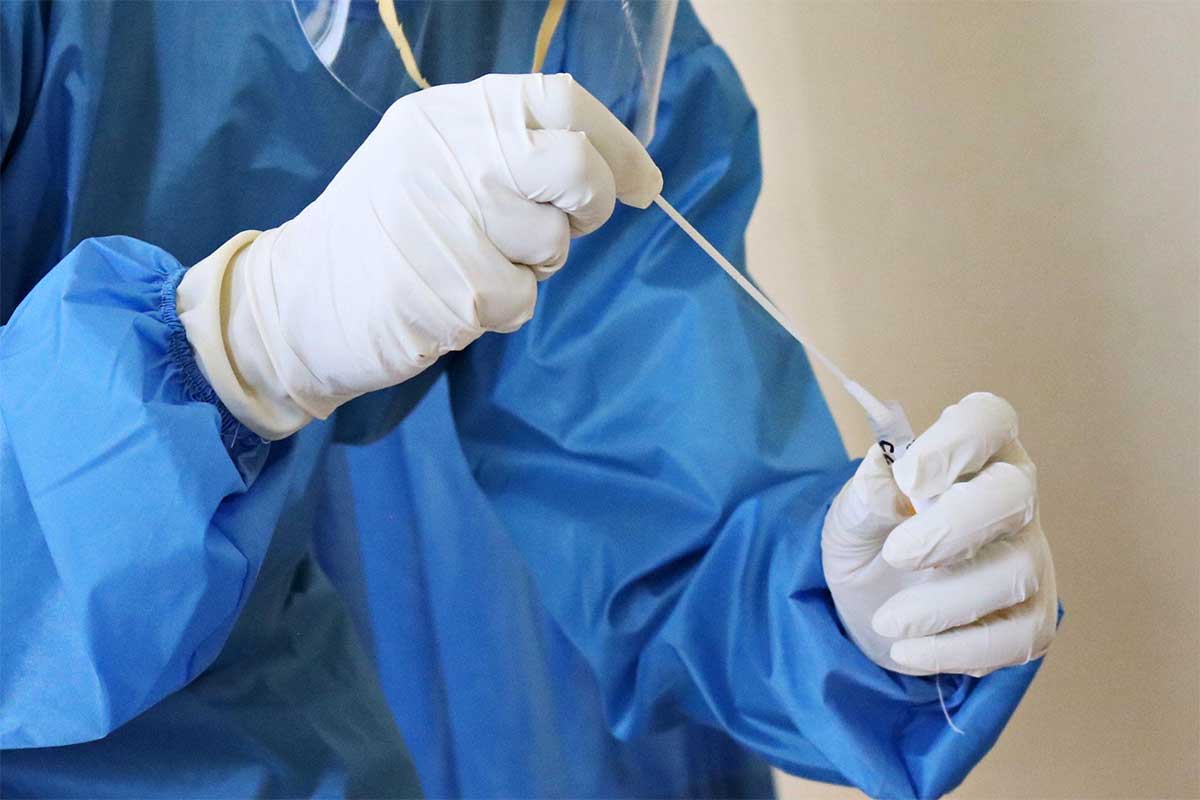Have you sought medical treatment, but your condition does not seem to improve? While doctors are highly skilled and trained professionals, they can make mistakes. One such error pertains to misdiagnosing patients.
The consequences of misdiagnosis can be severe, ranging from unnecessary treatments to worsening of the condition or even preventable death. So, how do you know that you have been misdiagnosed?
If you suspect misdiagnosis, you might want to schedule a case evaluation with our Santa Fe medical malpractice lawyer. Our lawyer at Slate Stern Law can review the circumstances of your case and determine if you can pursue a medical malpractice lawsuit against the doctor who misdiagnosed you.
Five Signs That You May Have Been Misdiagnosed
According to a study published in the National Library of Medicine, approximately 12 million U.S. adults are misdiagnosed each year. Let’s take a look at some of the key indications that you may have been misdiagnosed.
1. Your Symptoms Overlap With Other Conditions
Many illnesses have overlapping symptoms, making it challenging to make a correct diagnosis. Therefore, if your diagnosis seems off, it could be that you have been diagnosed with an illness that mimics yours. In such cases, it is essential to seek a second opinion from another doctor specialized in the area of your symptom.
2. Your Doctor Did Not Ask Enough Questions
Often, doctors rely on their patient’s symptoms to make a diagnosis. However, symptom presentations can vary from patient to patient. It is essential for your doctor to ask detailed questions about your symptoms and medical history to gain a clear and full understanding of what is happening. If your doctor did not inquire about your symptoms comprehensively or at all, it is likely that they may have missed some important information, leading to an incorrect diagnosis.
3. Your Doctor Did Not Order Proper Testing
Physicians rely on laboratory and imaging tests to establish a clear diagnosis. Different conditions have specific symptoms, and specific tests can be used to confirm or rule out a particular illness. If your doctor did not order these essential diagnostic tests or used less reliable tests, they might have missed the correct diagnosis. Be your advocate when it comes to testing, and insist on receiving the necessary tests for a proper diagnosis.
4. Your Treatment Does Not Seem Effective
It is essential to remember that different conditions respond differently to the various treatments prescribed. If your doctor has diagnosed you with a specific illness and prescribed treatments, but these medications or procedures are not improving your symptoms, you may have been misdiagnosed. In such a case, it is crucial to communicate with your doctor and express your concerns.
5. A Second Opinion Confirms That You Have Been Misdiagnosed
It is always appropriate to get a second opinion from another doctor. Seeking advice from another qualified medical practitioner ensures that you receive a more in-depth understanding of your symptoms, as well as the correct diagnosis. If a second opinion differs from your initial diagnosis, it is essential to explore further by requesting additional testing, seeking specialist opinions, and doing your research.
Speak With a Medical Malpractice Lawyer
Misdiagnosis can happen to anyone, and it is vital to seek a second opinion when in doubt. If you believe that you may have been misdiagnosed, reach out to Slate Stern Law for legal help. Our medical malpractice lawyer can help you pursue legal action against the doctor who misdiagnosed you. Call (505) 814-1517 for a case review.
